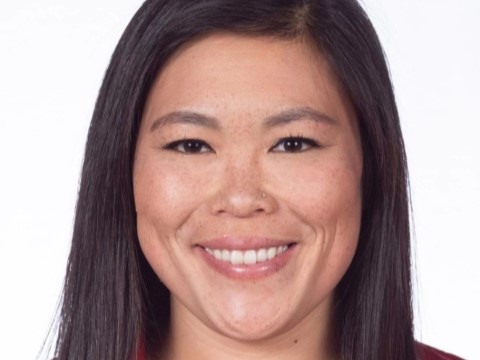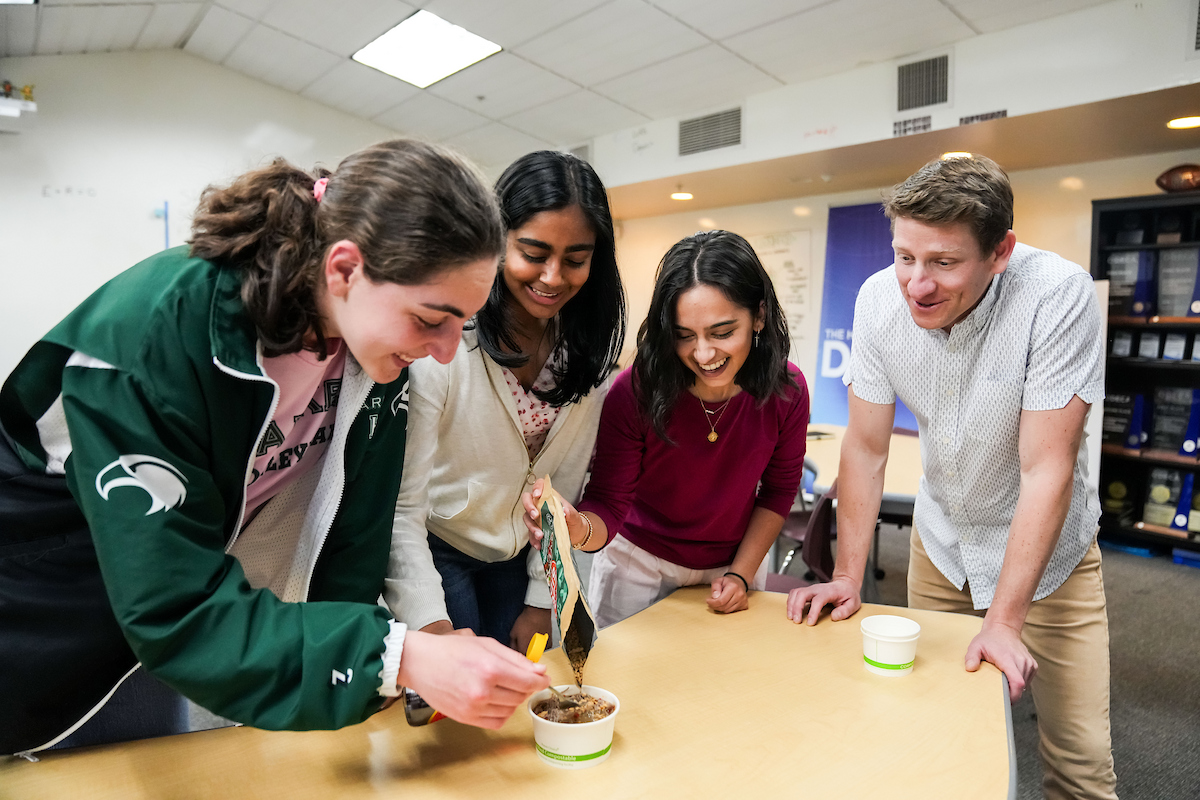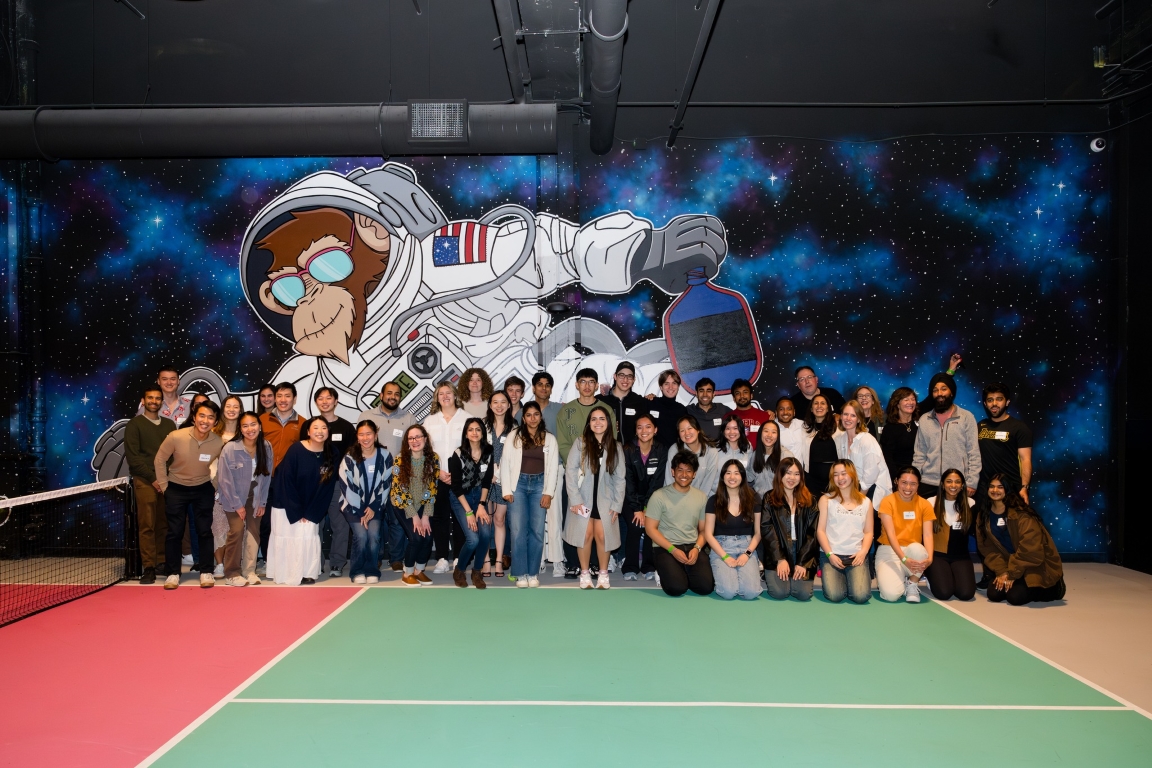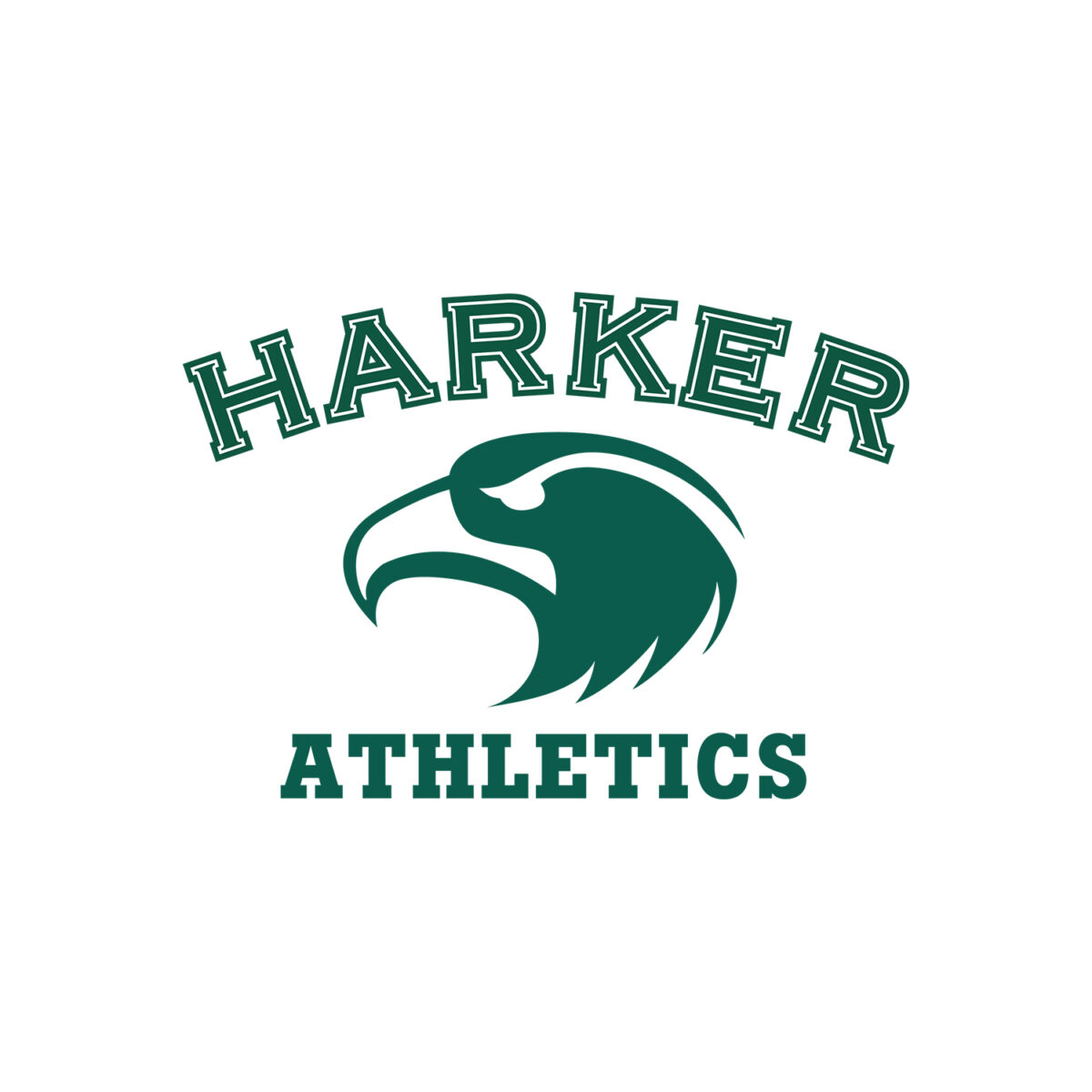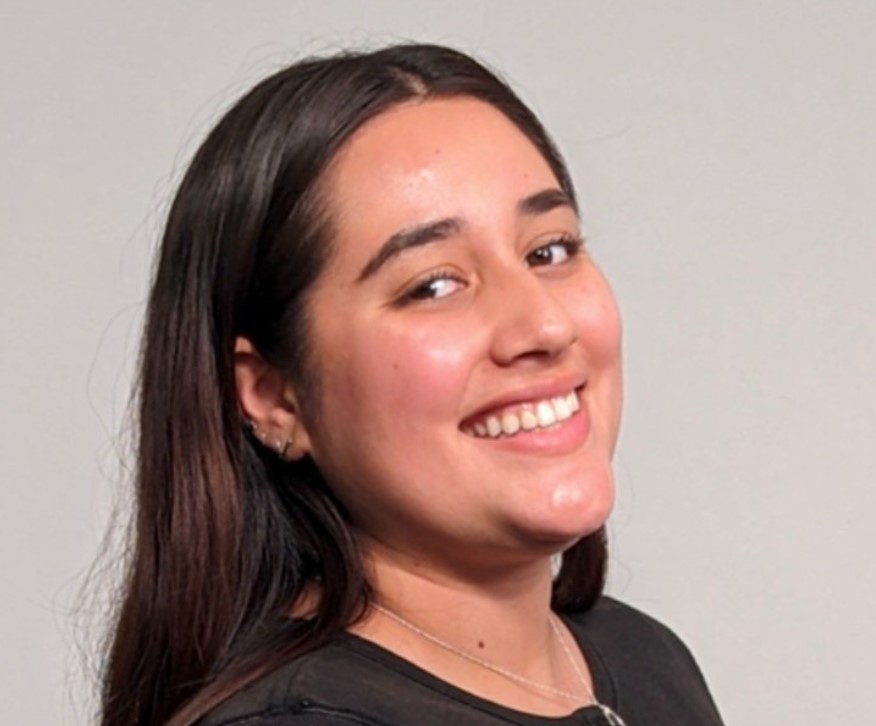Megan Azebu Abarca ’08 worked as an assistant coach for the United States artistic swimming team at the 2024 Summer Olympic Games.
Alumni
Team First: Harish Venkatesan ’06 knows how to build a winning team
Harish Venkatesan ’06 was featured in the latest issue of Harker Magazine. Read the full story online!
Shlurp Ramen wins $5K in funding at National Pitch Competition
Shlurp Ramen was named one of the winners of the INCubatoredu National Pitch Competition.
Jonny Miroyan ’03 Named to SVBJ 40 Under 40
Last week, the Silicon Valley Business Journal named Jonny Miroyan ’03 one of its 2024 40 Under 40 honorees.
Michelle Wei ’24 wins Regeneron Young Scientist Award at ISEF
At the Regeneron International Science and Engineering Fair (ISEF) in Los Angeles, recent graduate Michelle Wei ’24 received the Regeneron Young Scientist Award
Hundreds of alums gather in first-ever Alumni Month
The first-ever Alumni Month brought together nearly 400 Eagle alums.
Four Harker alums to be inducted into Athletic Hall of Fame in October
Four alums will be recognized at a special ceremony at this year’s Harker Day.
Olivia Esparza ’19 named Montalvo Arts Center Marcus Fellow
Olivia Esparza ’19 was announced as one of the inaugural group of fellows in the Montalvo Arts Center’s Marcus Curatorial Fellowship.
Adi Parige ’11 wins Jury Short Film Award at Alameda Int’l Film Festival
Parige received the award for “The Lascar,” a short film he wrote and directed in New Zealand.
Dav Yendler ’03 named 2024 Life in the Arts recipient
Dav Yendler ’03, a graduate of the Harker Conservatory with a certificate in theater, has been named as the next recipient of the conservatory’s Life in the Arts award.
